Međimurje Wine Region Has Best Sparkling Wines in Croatia!
October 11, 2020 – Sparkling wine Urban white from the Štampar Winery won the gold medal, and Sibon brut from the DGA Sparkling Wine Company won the silver medal at the 17th Decanter World Wine Awards, giving the Međimurje wine region the best sparkling wines in Croatia.
As Večernji.hr reports, this year's prestigious Decanter World Wine Awards 2020 brought numerous awards to Međimurje winemakers, but also a big surprise for all sparkling wine lovers who will from now on certainly include Međimurje sparkling wine in the selection of the best.
The winning sparkling wine Urban white from the Štampar Winery is characterized by a straw-yellow color and persistent and numerous beads, while the smell is extremely pleasant, fresh, and fluttery. Its taste lingers, is elegant, and harmonious, and it goes well with dishes from Međimurje and the continental area, but also Mediterranean cuisines such as oysters, mushroom omelets, creamy risottos, pasta, and quiche.
"This award is an additional confirmation of what we somehow knew deep down based on our previous experiences and wine knowledge. Pušipel is a true sort for the production of sparkling wines and that is exactly the reason why we decided to produce sparkling wine from our indigenous Međimurje sort. With perseverance and the constant searching for knowledge and innovation, we managed to produce a sparkling wine that is today, confirmed at the international level, at the very top of the Croatian wine scene," said David Stampar on the occasion of receiving this important medal.
Also, in addition to the mentioned sparkling wines, in Međimurje County there is a large number of well-known winemakers who prove their wine skills in the field of sparkling wines, and we should mention the excellent sparkling wines Cmrečnjak Wines, Dvanajšćak Kozol Wines, Hažić Wine House, Tomšić Winery and Jakopić Winery, for which valuable medals are also expected in the coming period.
Next to the top sparkling wines at this year's Decanter, there were also excellent wines from Međimurje winemakers, who won seven more silver and six bronze awards, and one in the COMMENDED wine category, which is a wine with a recommendation that only slightly missed some of the awards.
The year 2020 brought four more medals than the previous year, and a total of 15 awards and one recommendation were awarded, which is an excellent result of Međimurje winemakers at the prestigious international wine competition Decanter. Expectations for 2021 are high and further awards are expected.
For the latest travel info, bookmark our main travel info article, which is updated daily.
Read the Croatian Travel Update in your language - now available in 24 languages.
Croatia Makes The World's Largest Bottle of Perfume. And You Could Own It.
July 11, 2020 - The world's largest bottle of perfume, made in Čakovec, Međimurje county, Croatia and certified by the Guinness Book of World Records
A thousand pretty islands, surrounded by crystal-clear turquoise seas. Champion athletes in a surprisingly wide range of sports. The birthplace of the innovative Nikola Tesla and Faust Vrančić, the first self-propelled torpedo, forensic fingerprinting, the tungsten electric light bulb, the retractable pencil, the cravat or tie and Andrija Štampar's guidance on public health which informs how today's World Health Organisation works. There are many examples why the eyes of the world are never far from Croatia. And now there's another reason Croatia is once again the scent-er of attention.
Dejan Levačić, a perfume maker from Čakovec, last year made the world's largest bottle of perfume. Certified by the Guinness Book of World Records, standing at 1.91 metres in length, 0.82 metres across, 0.46 metres wide and holding 616.18 litres of perfume, the bottle shows a fragrant disregard for the norms of perfumery. As such, it's a little too big to have around the Levačić family home and Dejan is prepared to let it go if he can find the right home.
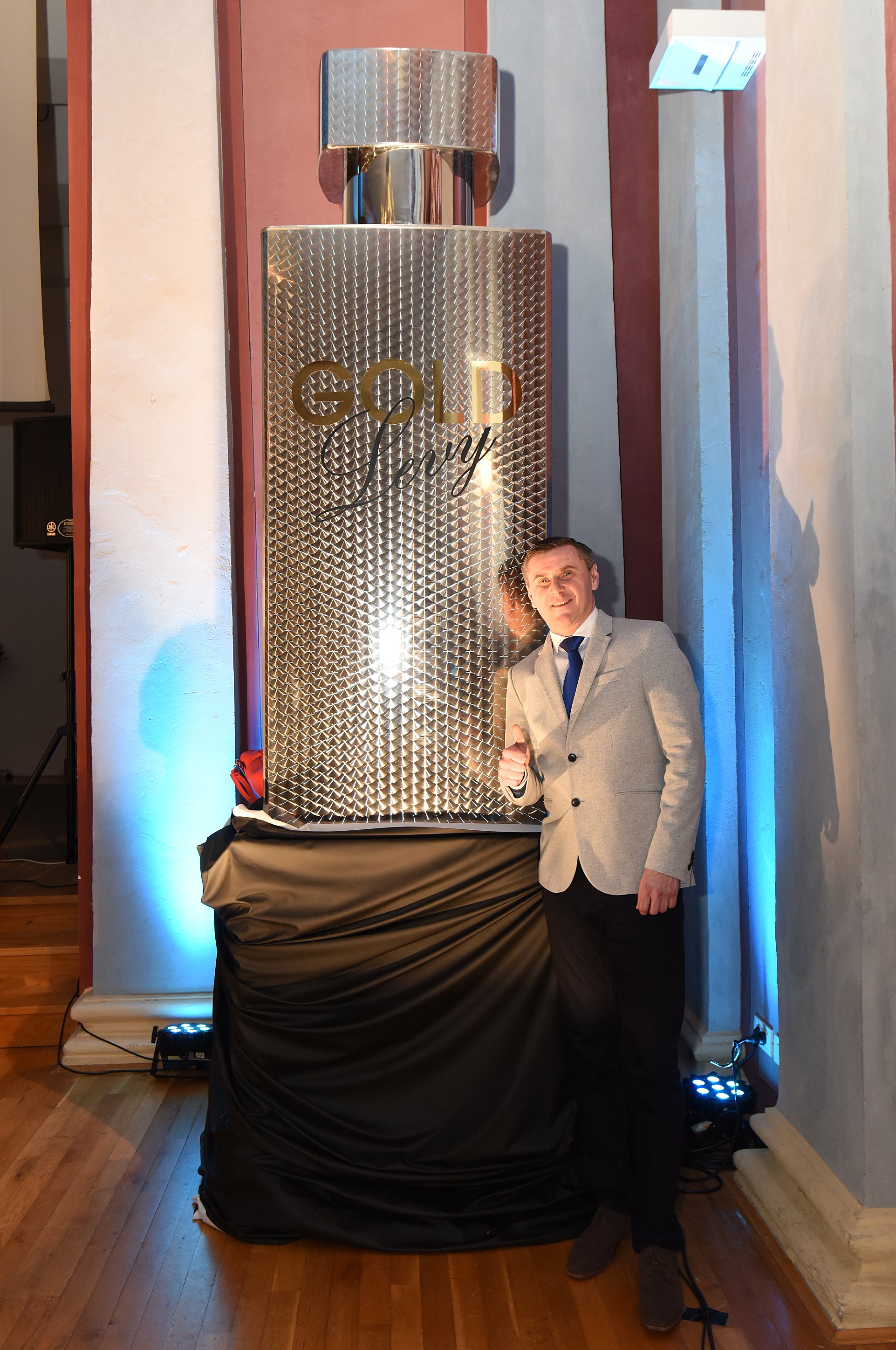
The world's largest bottle of perfume stands at 1.91 metres in length, 0.82 metres across and 0.46 metres wide and holds 616.18 litres of perfume
Taught how to make perfumes by his mother, who worked for famous pharmaceutical company Pliva, Dejan has been experimenting with different fragrances all his life. In essence, he was a hobbyist until six years ago, when he turned the pastime into a full-time pursuit. He now makes different natural perfumes from plants, herbs and aromatics that grow in Croatia for his own Levy brand. The world's largest bottle of perfume contains Levy Gold, inspired by the gold panning which used to take place in Dejan's home region of Međimurje.
The stainless steel bottle was made by local engineers in Čakovec and is an exact replica of the standard-sized bottle in which Levy Gold is available. Considering its size, Dejan imagines that it will take a buyer with considerable space to take it off his hands, such as a hotel. Placed on public display, the eye-catching bottle is definitely capable of producing a reaction such as “Eau my goodness!”
Jakopić Family Wines and Terbotz Restaurant Presented in Zagreb
The Jakopić family from Međimurje has been in the wine-making business for over a hundred years, and they also manage the Terbotz restaurant in Železna gora.
They've decided to showcase their Decanter-awarded wines, as well as the cuisine from the Terbotz restaurant to the Zagreb audience, and they did so in the recently opened International Business Hotel. The history of winemaking in the family starts with grand-grandpa Filip, who began making wines in the hills of Međimurje in 1908. The winery's current owner, Branimir Jakopić, is the fourth-generation winemaker in the family. The three sons are still not decided on whether they want to keep the family's tradition. Terbotz restaurant has not been in the family for that long, but it also creates traditional food, made from the indigenous ingredients - but, thanks to the chef Silvija Korak - the food is done with a twist!
The Jakopić family has succeeded in getting four Decanter wines over the last three years: a platinum, a golden and two silver medals. In Zagreb, Jutarnji list writes, they offered their Pušipel, Graševina, Rajnski Rizling, Sauvignon, Zeleni Silvanac and Žuti Muškat. The flavours of the Jakopić wines were paired with a creative menu by chef Hrvoje Nakić, a master of combining ingredients and his own unique interpretation of them. Siniša Lasan, leading Croatian sommelier was in charge of the presentation of the wines, so the guests were able to learn more about the richness of the wines by this label.
The guests had Jakopić Terbotz 2018 sparkling wine and Jakopić Mlado Međimurje 2019. After that, a meal with red prawn was paired with Pušipel Classic 2018, and the pairing was perfect, thanks to the aromas of green apple and tropical fruits in the wine. The freshness and minerality of Jakopić Sauvignon 2017 were accented when it was paired with octopus. Next came the veal risotto paired with Jakopić Rose 2017, with aromas of berries. Jakopić Rajnski Rizling 2016 went perfectly with meatballs made with beef cheeks. A reduction of raspberry, pink pepper, grilled goat young cheese and raspberry jam was served for dessert. That, of course, required a sweet, mature wine, such as Jakopić Muškat Žuti 2017, with flavours of honey and peaches and apricots. And at the end of an amazing evening, the guests were given a special opportunity, when Jakopić Selected Grapes Graševina 2017 was tasted - a wine that won the platinum award at the 2017 Decanter World Wine Awards.
Down Drava River in a Boat - a Unique Experience!
Međimurje is the northernmost region in Croatia, quite clearly separated from the other areas by the Mura River (to the neighbors on the North, Slovenia, and Hungary) and the Drava River to the South (where it marks the "border" between Međimurje, Zagorje and Podravina).
The Drava River, the south border of Međimurje is one of the very significant Central-European rivers and is the 5th largest tributary to the Danube river.
It originates in Italy and flows through Austria, Slovenia, Croatia, Hungary, and it flows into the Danube at the border with Serbia. If you were to look at a map of the Drava, one of the things you'd notice is that there are a lot of lakes in its path. Many of those are the artificial lakes created to maintain the water levels for numerous hydroelectric power plants located on the Drava - and the three largest plants are located in Croatia - in Međimurje.
I got the chance to spend the day in Donje Međimurje (Lower Međimurje), which is the Eastern part of the region, in a village called Donji Vidovec, close to one of the lakes and the Hungarian border. We were treated by the Međimurje County vice-prefect Josip Grivec (who is from Donji Vidovec) and municipality head Josip Matulin, as they arranged for us to take a boat ride down the old Drava riverbed.
Obviously, with the accumulation lakes and hydro powerplants, the regulation of the water levels is paramount, so new channels were built to make the control of the river as easy as possible. However, the old riverbed still exists, and if you're very, very lucky, you can visit this oasis of peace and quiet on a boat.
Our hosts, including our captain Zlatko from the Moto-Nautical Club "Vidovski Zlatari," told us the story of the gold prospectors on the Drava river. You can read more about that tradition in a previous story on TCN; I'm sad to report that Mr. Matej Horvat has since passed away.
We saw the sights and sounds rarely seen by tourists or anyone rather than the local people for whom the river is still a part of their everyday life. The river is mostly quite calm, but some of its tributaries had a bit more force and faster water. We saw numerous birds (I quickly forgot most of their names, except that there were obviously swans, ducks, and huge grey herons), we didn't see the beavers themselves, but we could clearly see the results of their hard work. We got stuck in the shallow water once (that might or might not have been intentional), had drinks at the paintball center Pozoj and experienced the river at its finest on a fantastic, sunny autumn day.
It's not a highly commercialised tourist product, but if you ever find yourself in the region, make sure you ask the people of the Vidovski Zlatari Club how you can treat yourself to a similar excursion. You won't regret it!
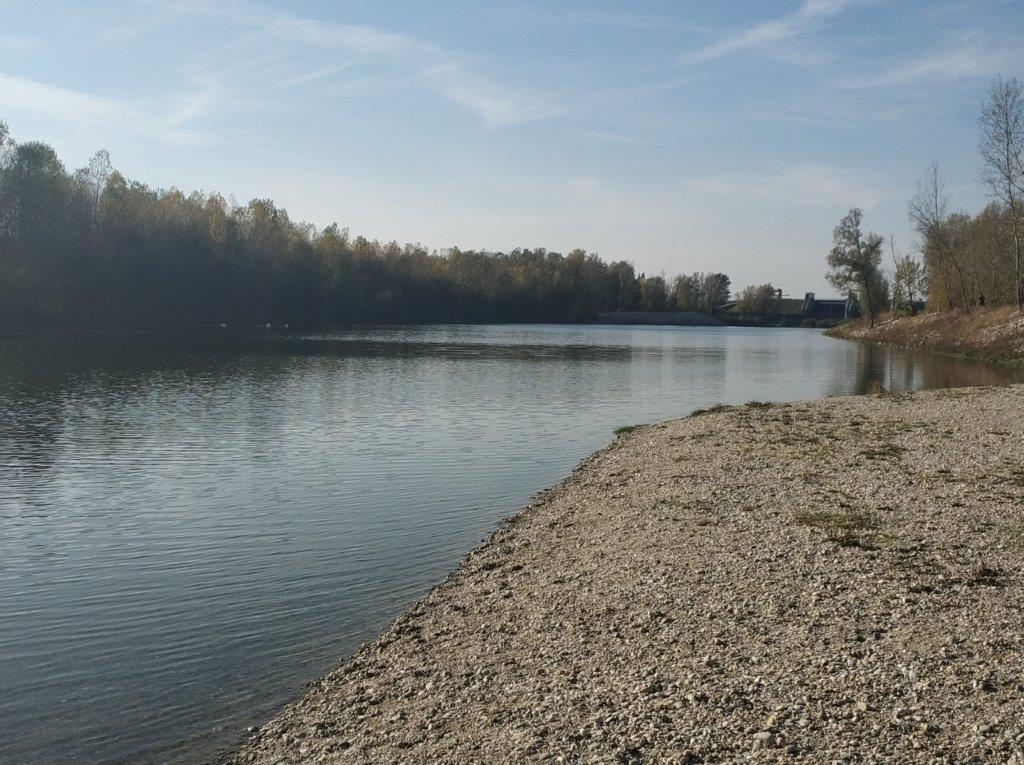
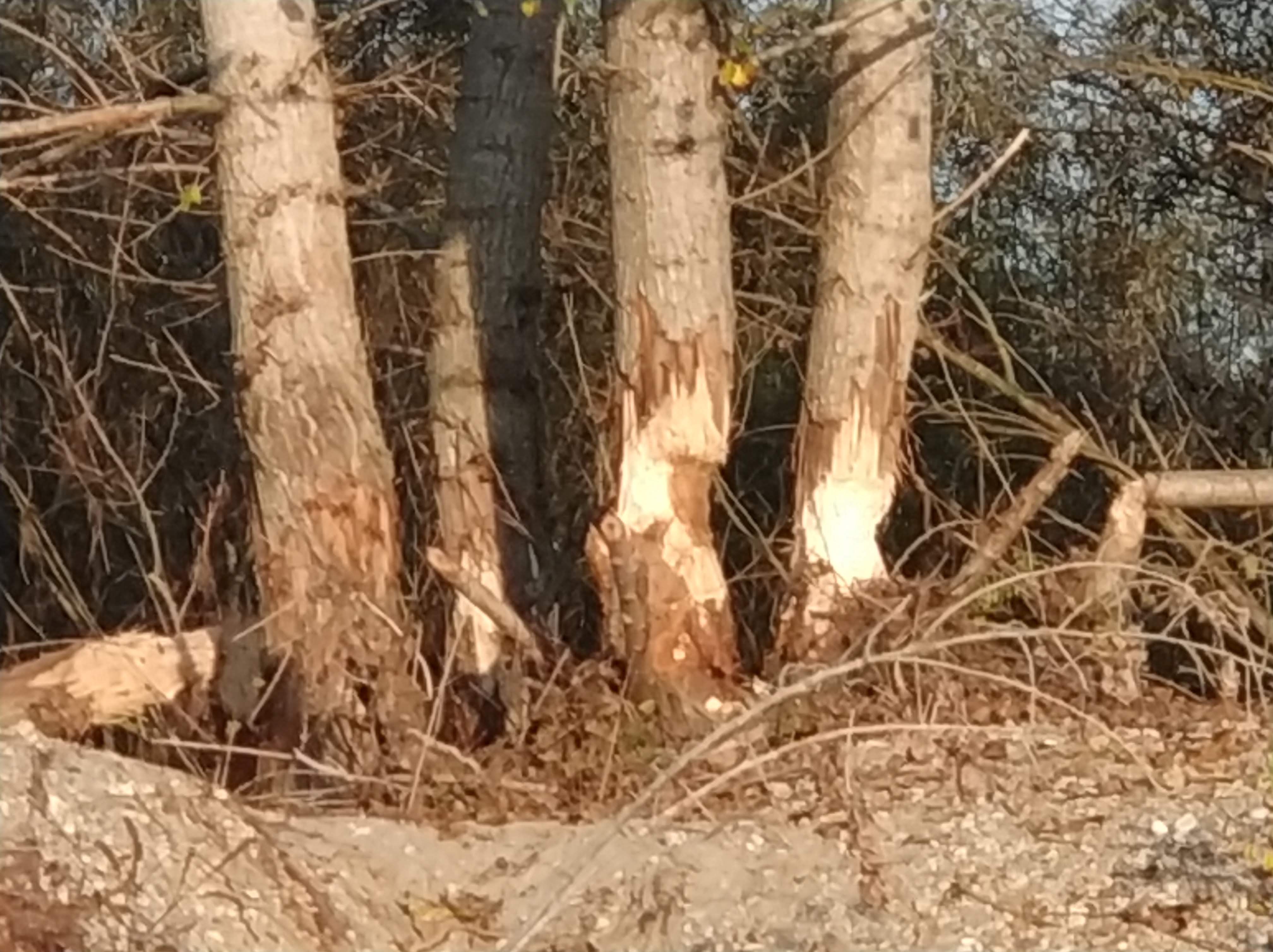
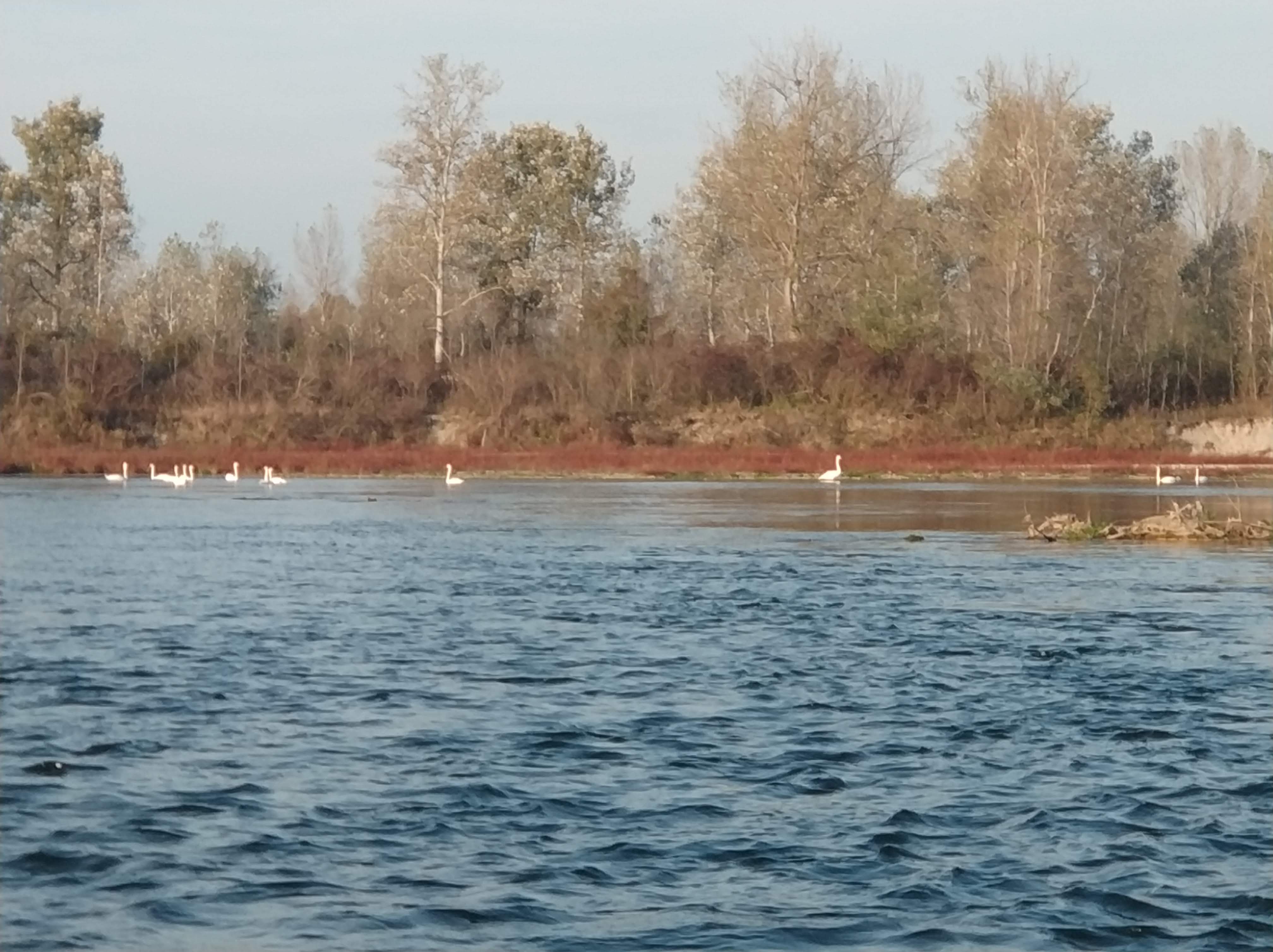
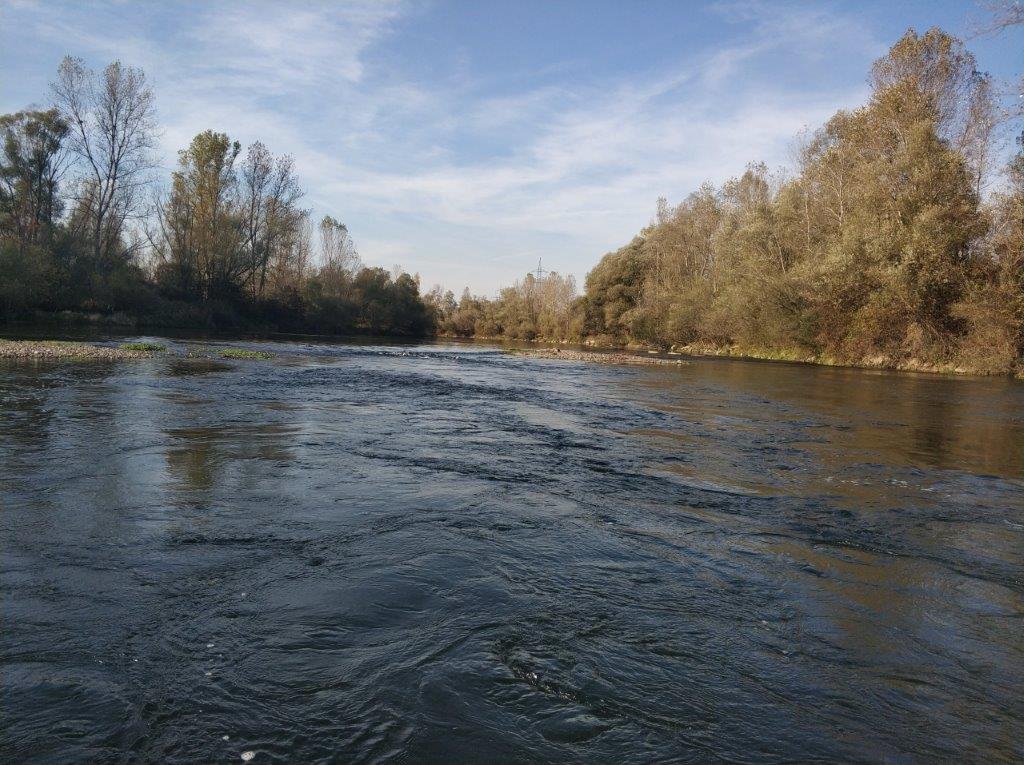
Čakovec to Host Traditional Porcijunkulovo 2019 Fair
Summer in Međimurje traditionally culminates with the organisation of the Porcijunkulovo Festival in the last week of July and the first week of August. That has been happening for the past 55 years before the festival was even called that, when it was the Fair of the traditional crafts, which then evolved into the celebration of summer and joy in Čakovec.
Organised by the Čakovec Tourist Board, the Porcijunkulovo Festival includes various events, such as concerts by the biggest Croatian music stars, theatre plays, workshops and playrooms for kids, promotions and presentations. The events this year during #porcijunkulovo2019 will happen between July 30th and August 4th, and in that period the entire town of Čakovec will be dedicated to the festival, so on the streets you'll be able to find and purchase the home-made items and crafts done by the local manufacturers and masters.
One of the staples of the festival is the Umbrella Street (Ulica kišobrana), whose colorfullness represents the joy and diversity as the basic ideas of the event, as well as the transformation of the everyday or traditional objects into the combination of cultural heritage and modern trends.
The concerts this year will maintain the idea of diversity, and Jelena Rozga, Maja Šuput, Hari Mata Hari, Tomislav Bralić with Klapa Intrade, Plavi Orkestar and Las Vegas Show will be entertaining the visitors in the evenings. In addition to the big stars, numerous street performers and musicians will be entertaining during the days and the evenings on the streets of Čakovec. And those streets will be filled with traditional Međimurje food, and you don't need to be worried that you'll be thirsty in Čakovec during Porcijunkulovo: a wide variety of awarded Međimurje wines will be available on every step!
The Porcijunkulovo Festival is founded on the religious celebration of Our Lady of the Angels, also called Porcijunkula in Međimurje, a Franciscan celebration of conversion, which is held on August 2nd. On that day, in many Franciscan churches and monasteries around the world it is possible to get a complete absolution of all sins. The central religious component of this year's Porcijunkulovo will be the mass in the Franciscan church of St. Nicholas the Bishop, said in three languages: Croatian, Slovenian and Hungarian.
Međimurje Winemakers Triumph at Decanter World Wine Awards in London!
May 22, 2019 - Great news from London as Međimurje winemakers won 11 medals and received one recommendation at the prestigious Decanter World Wine Awards!
Namely, the Jakopić winery won the silver for the Graševina late harvest 2012 (92 points) and the silver for the Pušipel Classic 2016 (93 points). The Dvanajščak - Kozol Winery won the silver medal for the Pušipel Classic 2018 (91 points) and the bronze for the Sauvignon 2018 (87 points). Sibon Pjenušci won the silver for the Sibon Brut 2016 (93 points), and the bronze for the Sibon Extra Brut 2016 (88 points).
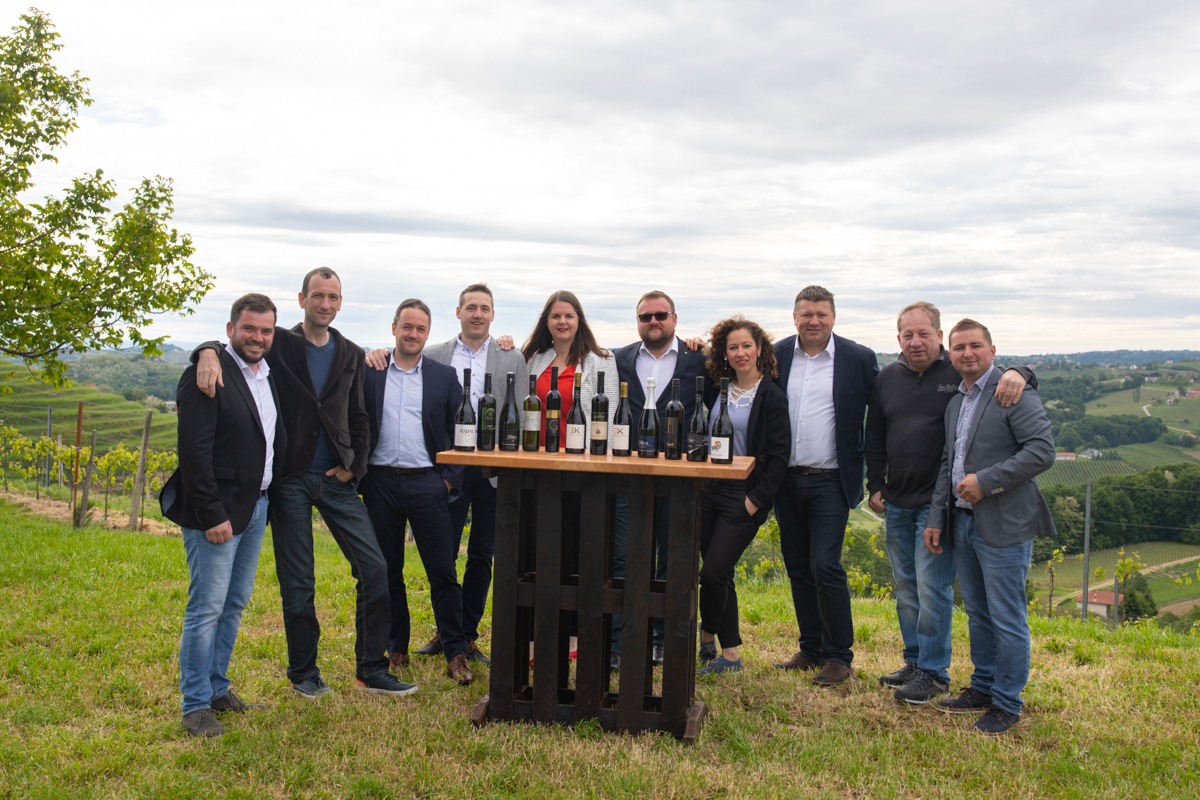
Silver medals were won by the Cmrečnjak Pušipel Classic 2018 (90 points) and the Štampar Pušipel Classic 2018 (90 points). Bronze medals were also won by the Hažić Chardonnay 2017 (88 points), the Kocijan Sauvignon 2018 (86 points), and the Preiner Sauvignon 2018 (86 points). The Horvat winery with the Horvat Pušipel Classic 2018 received a recommendation (85 points).
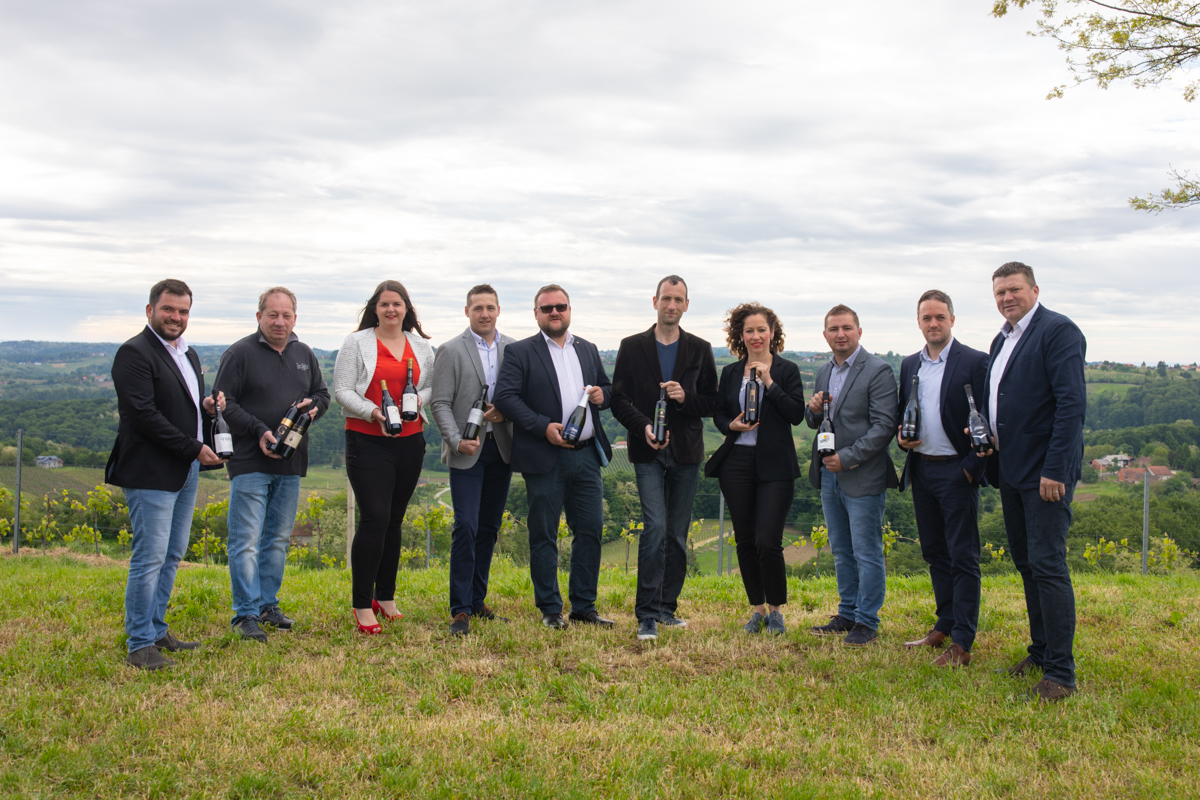
Winemakers from Međimurje point out that the medals were awarded for many years of hard work, both in the vineyard and in the wine cellar. These great acknowledgments confirm the continuity of the work of Međimurje winemakers, especially on the branding and promotion of the Pušipel variety, as well as other varieties. Međimurje winemakers, as their greatest advantage, emphasize their harmony and excellent communion, and will continue to make great leaps forward.
To read more about lifestyle in Croatia, follow TCN’s dedicated page.
Horror Story in Međimurje: Body Found, Woman Gone Missing in 2000
Croatia is, rightfully so, considered to be a very safe country, with low numbers for violent and similar crimes. That's why, when something like what happened yesterday happens in Croatia, when there's a body found, it catches everyone's attention, as it is not a common occurrence (and in this case, the crime and the aftermath are truly bizarre).
The story starts in 2000 when Jasmina Dominić was last seen in Zagreb. She was 23 at the time, spending her time in Zagreb, studying and working. Last time she spoke to her parents, she told them she was going to work on a cruise ship and/or to Paris, and they haven't had any word of her since then. First truly odd fact in this case is that her disappearance was reported to the police in 2005, so 5 full years since her parents and her family have last heard of her! She was placed on the list of the people missing in Croatia, nestali.hr. Rumours in the village suggested that she has contacted the family, that her body was dumped in the ponds near the village of Palovec in Međimurje, and even that her body was hidden in the house! But not much has happened in the case of her disappearance since, except that Jasmina's father passed away a couple of years ago, (probably) not knowing where his daughter was.
Until yesterday. Yesterday a dead body was found in the house in Palovec occupied by Jasmina Dominić's family, where her sister lived (with her family), their father was before his death and their mother lived part-time (she works in Germany, so spends most of her time there). The details of the grisly discovery are not fully known, of course, but the most frequently told story is that the family has not been paying their electricity bills, that they were disconnected from the electricity because of their debt, and that someone noticed the strange odour coming from one of the freezers in the house. The rumour mill says that it was Jasmina's sister's son in law, who supposedly had no idea that there was another freezer in the house before he smelled the odour. The police were, of course, called, and what's known at this point is that Jasmina's sister, 45-year-old S. D. (Jasmina would've been 42 now) has been arrested yesterday evening.
Now that there's the body found, the police investigation will, almost certainly, uncover what exactly happened to poor Jasmina and who managed to keep the secret of her death for so many years.
Weekend Getaway at LifeClass Sveti Martin Thermal Spa, Međimurje
Spa weekend in Croatia; from the 16th – 18th March 2018, I stayed at the LifeClass Sveti Martin Terme Spa, (Thermal Spa) in Međimurje, a much-needed break in the middle of a long winter.
Međimurje, Land of the Beciklin - The Road Cyclist Mecca of Croatia
Ever since the 1990s, Croatian county tourist boards are becoming more aware of the fact that bicycle tourism has a huge potential which can bring extra income. But how to actually successfully tap into the full potential the bicycle offers to the tourist industry still remains somewhat of a mystery for most of them.
Međimurje to Receive Most Advanced Geothermal Power Plant in World
Big news for Međimurje!


